Type 3 Hypersensitivity
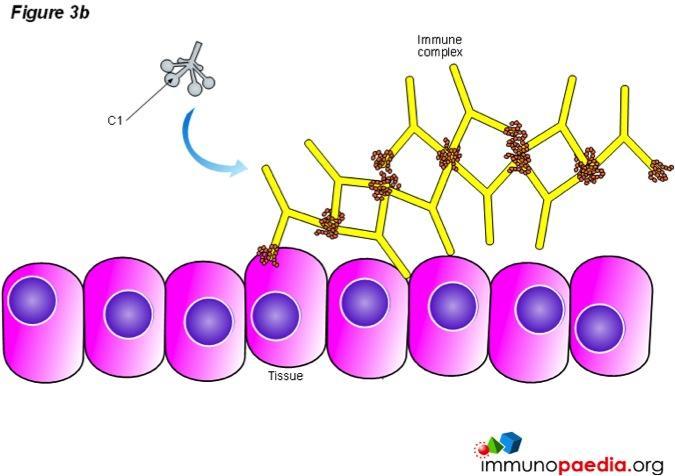
Hypersensitivity Reactions Immunopaedia

Type Iii Hypersensitivity
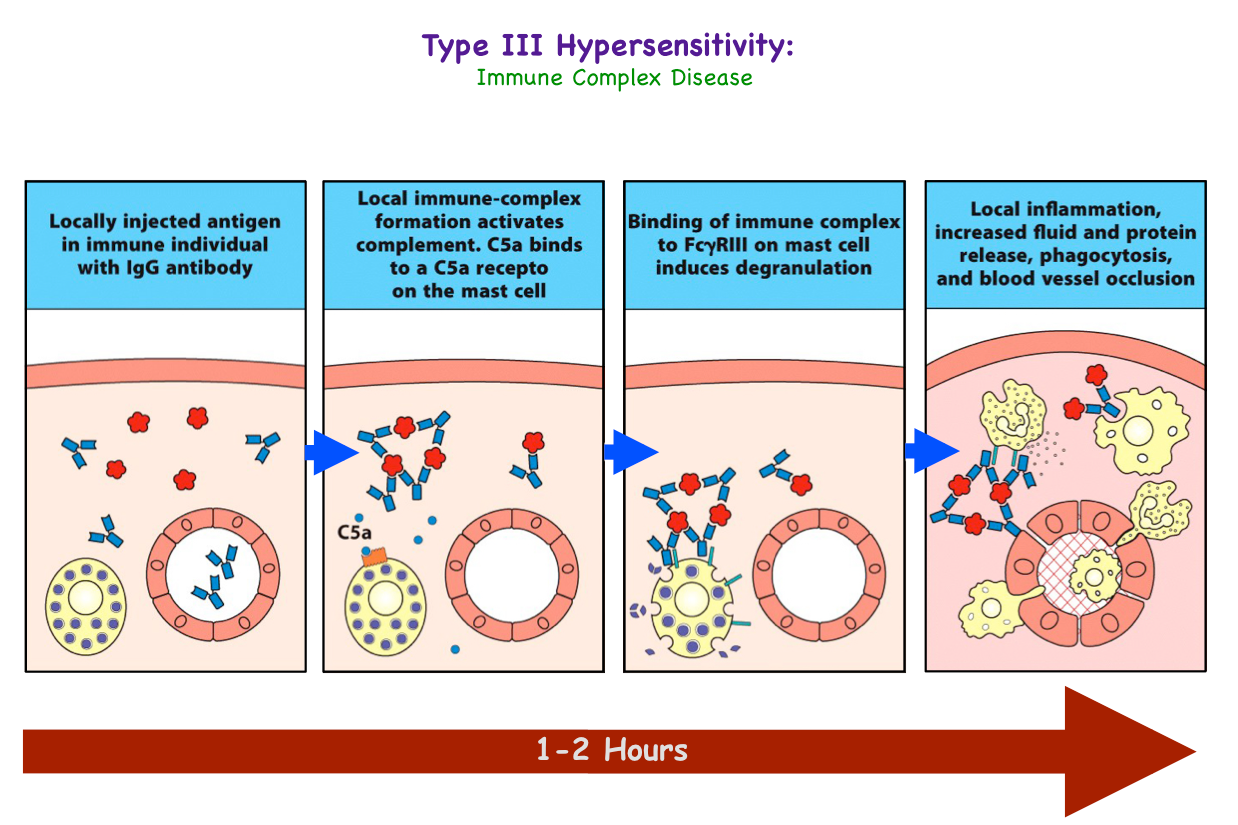
Hypersensitivity Reactions Immunology Flashcards Memorang
Http Njms Rutgers Edu Sgs Olc Mci Prot 09 Hypersensitivities09 Pdf

Type Iii Hypersensitivity Youtube
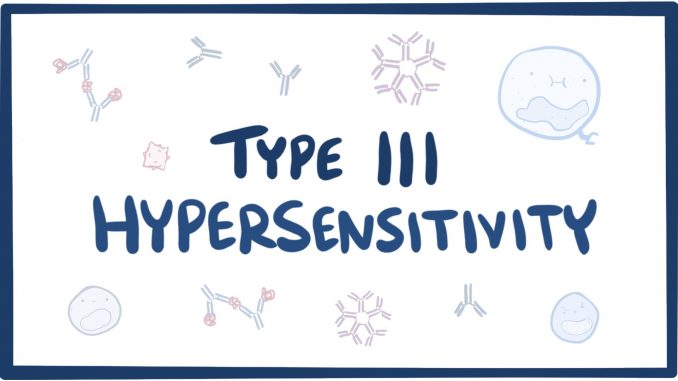
Type Iii Hypersensitivity Reaction Factors Causing Immune Complex Formation Mechanism And Types Online Biology Notes
Antigens and the resulting immune complexe.

Type 3 hypersensitivity. Having a hypersensitivity means that someone’s immune system has reacted to something in such a way that it ends up damaging them, as opposed to protecting them. These immune complexes are aggregates of antibodies and antigens. Type I, or immediate hypersensitivity, encompasses IgE-mediated responses to foreign antigens.
These reactions may be minor and local or may be severe and generalized. The cell or tissue injury is similar to a type II hypersensitivity reaction, although the underlying pathogenesis is different. Allergy is the response of the immune system to small or harmless substances like dust, pollens, smoke, etc.
Type I, type II, and type III hypersensitivity reactions are known as immediate hypersensitivity reactions (IHR) because occur within 24 hours. Type III, or immune-complex, reactions are characterized by tissue damage caused by the activation of complement in response to antigen-antibody (immune) complexes that are deposited in tissues. Type III hypersensitivity could cause a localized.
Type III Hypersensitivity 4. In type III hypersensitivity, overproduction of immunoglobulin G (IgG) and IgM to a foreign or self‐antigen can lead to the formation and deposition of excessive amounts of insoluble intermediate‐sized immune complexes, which can be difficult to remove from various tissues by phagocytosis. In an attempt to remove these complexes, underlying tissue is also damaged.
Type III Hypersensitivity Overview Type III Hypersensitivity reactions can be thought of occurring in a number of distinct stages as described below. C5a as a chemoattractant brings in neutrophils. Type III Hypersensitivity is also referred to as.
Describe the three phases in the pathogenesis of Type III hypersensitivity disease:. Viruses, bacteria and parasites or protozoa) whose pathogenicity in vivo is usually associated with some level of damage to their host tissues or cells. Hypersensitivity responses are commonly categorized in four groups (Type I, Type II, Type III, and Type IV) later the proposal of Gell and Coombs in 1963.
Several conditions are associated with type 3 hypersensitivity responses. About 17% of the human population may be affected, probably due to a natural proneness controlled by the genetic make-up. Type III hypersensitivity reactions are referred to as immune complex reactions and include many glomerulonephritides and vasculitides.
Type III hypersensitivity (immune complex disease) Mechanisms of Ab deposition Effector mechanisms of tissue injury Abbas and Lichtman, Cellular and Molecular Immunology (5th edition). These complexes initiate an inflammatory reaction by activating complement. Type III hypersensitivity reactions may occur in the lungs when sensitized animals inhale antigens.
It’s in fact called hypersensitivity reactions. Type I Hypersensitivity (Anaphylaxis):. This type of hypersensitivity is also called immune complex disease, as the whole premise of the disease is that so-called immune complexes deposit in vessels, causing inflammation.
Type III hypersensitivity describes when antigen-antibody complexes deposit in the blood vessels and cause subsequent infl. Erythema, edema, & necrosis. Localized type I hypersensitivity reactions include hay fever rhinitis, hives, and asthma (Table 15.3).
However, if there is a large amount of antigen or antigen is not being cleared properly by the immune system the antigen:antibody ratio increases. Hypersensitivity reactions characterized as type II and type III reactions are mediated by antibodies belonging to the IgG, IgM, and, in some cases, IgA or IgE isotypes. Type III hypersensitivity reaction is mostly common amongst antigens or pathogens (e.g.
Type III Hypersensitivity This reaction is mediated by immune (Ag-Ab) complexes which promote tissue damage primarily through complement activation (alternate pathway). Type III hypersensitivities result from the formation of antigen-antibody complexes that settle on tissues and organs. For example, cattle housed during the winter are exposed to dust from hay.
A type III hypersensitivity reaction is caused by immune complexes, which consist of antibodies bound to antigens. The Gell and Coombs classification of hypersensitivity is the most widely used, and distinguishes four types of immune response which result in bystander tissue damage. Last Updated on May 13, by Sagar Aryal.
Immune-complex mediated allergic reactions i.e. Systemic Lupus Erythematosus, Arthus reaction. Systemic type I hypersensitivity reactions are referred to as anaphylaxis or anaphylactic shock.
Examples of Type III (Immune Complex) Hypersensitivity Systemic Lupus Erythematosus :. In immune system disorder:. Immune Complexes are aggregations of antigen and antibodies.
This in turn may trigger classical complement. Type 3 Hypersensitivity is also known as Hypersensitivity to immune complexes, including:. Immune complex-mediated inflammation and tissue injury.
The classes of antibody involved are the same ones that participate in type II reactions—IgG and IgM—but the mechanism by which tissue damage is brought about is different. Type III hypersensitivity results from the deposition of preformed antigen-antibody complexes at different sites in the body (usually in the vasculature). In its most extreme form, type 1 hypersensitivity or allergy is expressed as a lethal shock syndrome called anaphylaxis.
An immune complex is a complex that is formed when antibodies bind to antigens to form large complexes. Usually, there are far more antibodies than antigen. Endogenous antigens which.
Type I hypersensitivity reactions can be either localized or systemic. In type 3 hypersensitivity reactions, insoluble immune complexes (aggregations of antigens and IgG and IgM antibodies) form in the blood and are deposited in various tissues (typically the skin, kidney and joints) (See figure 3a).This deposition of the antibodies may trigger an immune response according to the classical pathway of complement activation – for. Both types of reactions may be seen in autoimmune rheumatic disorders such as systemic lupus erythematosus where autoimmune haemolytic anaemia and immune thrombocytopenic purpura may occur.
Cell mediated hypersensitivity/ Delayed type of hypersensitivity:. Request PDF | Type 3 hypersensitivity in COVID-19 vasculitis | Coronavirus Disease 19 (COVID-19) is an ongoing public health emergency and new knowledge about its immunopathogenic mechanisms is. Coombs and Gell classified hypersensitivity reactions into four forms.
Although anaphylaxis shares many symptoms common with the localized type I. Type II Hypersensitivity (Cytotoxic Hypersensitivity) 3. Formation of Immune Complexes Antigens which induce complex formation can be of endogenous or exogenous origin.
For the first time in worldwide literature, we provide scientific evidence that in COVID-19 vasculitis a life-threatening escalation from type 2 T-helper immune response (humoral immunity) to type 3 hypersensitivity (immune complex disease) takes place. Serum sickness and rheumatoid arthritis are examples of type III reactions. The classes of antibody involved are the same ones that participate in type II reactions—IgG….
Types I, II, and III are antibody-mediated (immediate) hypersensitivity, while type IV is cell-mediated (delayed) hypersensitivity reactions. Start studying TYPE 3 HYPERSENSITIVITY. The ensuing inflammatory reaction may lead to necrosis, thrombosis, and hemorrhage.
Antibody mediated destruction of healthy. The antigens can either be from the body itself or from outside the body (for example, bacteria or microorganisms that infect the body). There are four different types of hypersensitivities, and in the first type or type one, the reactions rely on Immunoglobulin E, or IgE antibody, which is a specific type of antibody - the other major ones being IgG, IgA, IgM, and IgD.
Type III hypersensitivity reaction is induced by antigen-antibody complexes. This type of hypersensitivity is the most common among all the types. Type I hypersensitivity, type II hypersensitivity, then, type III hypersensitivity, type IV hypersensitivity.
Type III hypersensitivity, or immune complex hypersensitivity, involves antibodies called IgG and IgM that form immune complexes. Anaphylaxis is an acute systemic manifestation of the. Type 3 – Immune Complex.
Deposition of immune complexes initiates reaction resulting in damage of surrounding tissue and cause inflammation. Hypersensitivity reactions require a pre-sensitized (immune) state of the host. While fighting a Streptococcal infection, the patient makes antibody that reacts.
Type III hypersensitivity reactions occur when unattached antigens enter the blood circulation and activate an immune response that results in the formation of an immune complex, a conglomeration of immune proteins (immunoglobulins), platelets, neutrophils, and immune-related substances that surround the antigens. Topics you'll need to know to pass the quiz include the consequences of type III hypersensitivity and another name for type III hypersensitivity. Type III hypersensitivity, also known as immune complex-mediated hypersensitivity, occurs when antibodies and antigens form immune complexes (ICs) in circulation and deposit in susceptible tissues.
Type IV hypersensitivities are regulated by T cells and are delayed reactions to antigens associated with cells. Type II and type III hypersensitivity reactions are similar in concept and action and are not mutually exclusive. It involves soluble antigens that are not bound to cell surfaces (as opposed to those in type II hypersensitivity).
Type III, or immune-complex, reactions are characterized by tissue damage caused by the activation of complement in response to antigen-antibody (immune) complexes that are deposited in tissues. Type III Hypersensitivity is tissue damage created by immune complexes. Type III hypersensitivity occurs when there is an excess of antigen, leading to small immune complexes being formed that fix complement and are not cleared from the circulation.
And lastly, type V hypersensitivity. Type III hypersensitivity occurs when there is an excess of antigen, leading to small immune complexes being formed that fix complement and are not cleared from the circulation. Learn vocabulary, terms, and more with flashcards, games, and other study tools.
Clinical features, diagnostics, and treatment depend on the underlying etiology (see also the overview of hypersensitivity reactions above) Distribution of disease:. Hypersensitivity reactions (HR) are immune responses that are exaggerated or inappropriate against an antigen or allergen. Evidence suggests that hypersensitivity reactions, particularly Type III and IV, may be involved in the pathogenesis of periodontal disease.
Normally, these dust particles are relatively large and are deposited in the upper respiratory tract, trapped in mucus, and eliminated. Which Health Conditions Experience Type 3 Hypersensitivity?. Type III hypersensitivity reaction is characterized by deposition of immune complexes on various tissues such as wall of blood vessels, glomerular basement membrane of kidney, synovial membrane of joints and choroid plexus of brain.
Many chronic infectious diseases, including tuberculosis and fungal infections, exhibit delayed hypersensitivity. Type III Hypersensitivity (Immune Complex Hypersensitivity) Type III hypersensitivity is designated as immune complex hypersensitivity. Immune complex deposition via complement and Fc receptor-mediated leukocyte recruitment and activation 3.) Phase III:.
What is Type III hypersensitivity?. This reaction occurs through the formation of antigen-antibody complexes that activate complement and result in tissue damage (Fig. Type III hypersensitivity Having a hypersensitivity means that someone’s immune system has reacted to something in a way that ends up damaging them, as opposed to protecting them.
It involves soluble antigens that are not bound to cell surfaces (as opposed to those in type II hypersensitivity).When these antigens bind antibodies, immune complexes of different sizes form. Last Updated on Sun, 27 Sep | Immune Response. Quiz & Worksheet Goals.
The complement system triggers the immune response, leading to leukocyte recruitment and tissue injury. By the various biochemical mechanisms, the end result are tissue damage to the body. C3b as an opsonin attracts neutrophils, which then release lysosomal enzymes.
Antibodies are made that bind to certain nuclear antigens which deposit mainly in the. Other symptoms of a type 3 hypersensitivity reaction include rash, fever, urticaria (better known as hives), and purpura, which is a rash caused by breakdowns in blood vessel walls. Immune complex formation 2.) Phase II:.
Http Njms Rutgers Edu Sgs Olc Mci Prot 09 Hypersensitivities09 Pdf
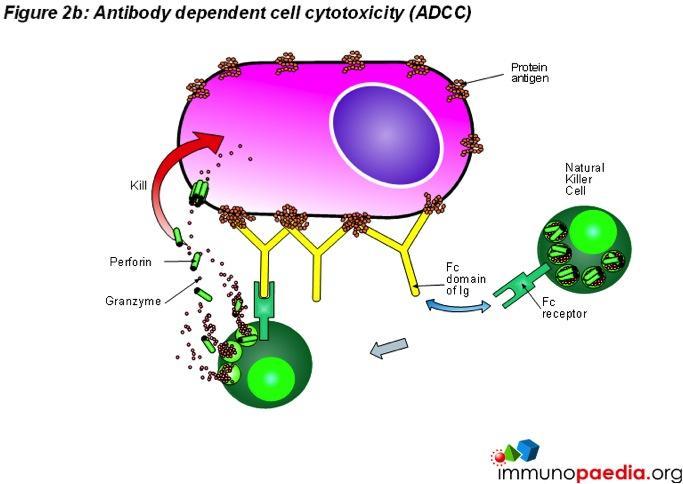
Hypersensitivity Reactions Immunopaedia

Type Iii Iv Hypersensitivity Reaction 1 Hypersensitivity Reaction Ppt Download

Immune Hypersensitivity Sciencedirect

Hypersenstivity Type I Type Ii Type Iii Type Iv Hypersensitivity Reactions Medical School Studying Medical Laboratory Science

Type Ii Hypersensitivity An Overview Sciencedirect Topics

Type 3 Hypersensitivity Type Iii Hypersensitivity Basement Membrane Mind Body Spirit

Type Iii Immune Complex Hypersensitivity

Schematic Representation Of Type Iii Hypersensitivity Reaction Only Download Scientific Diagram

Hypersensitivity Types In 4 Minutes Youtube

Immune Hypersensitivity Sciencedirect
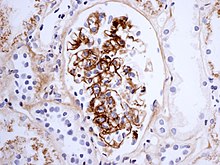
Type Iii Hypersensitivity Wikipedia
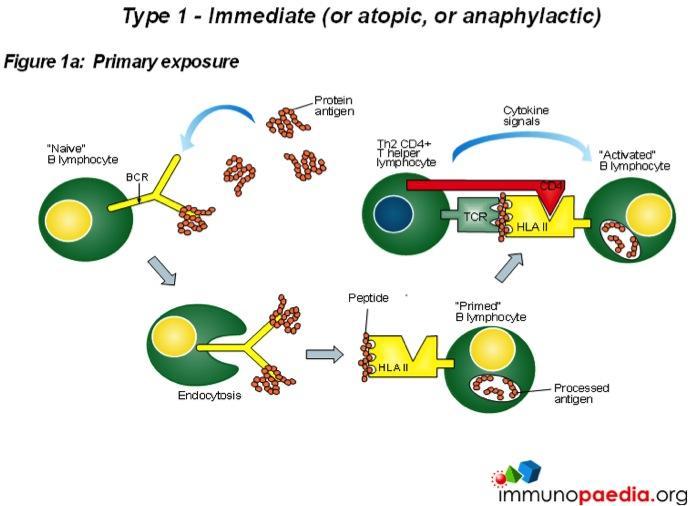
Hypersensitivity Reactions Immunopaedia

Type Iii Hypersensitivity Download Scientific Diagram

Hypersensitivity Type I Ii Iii And Iv In One Table Microbe Notes
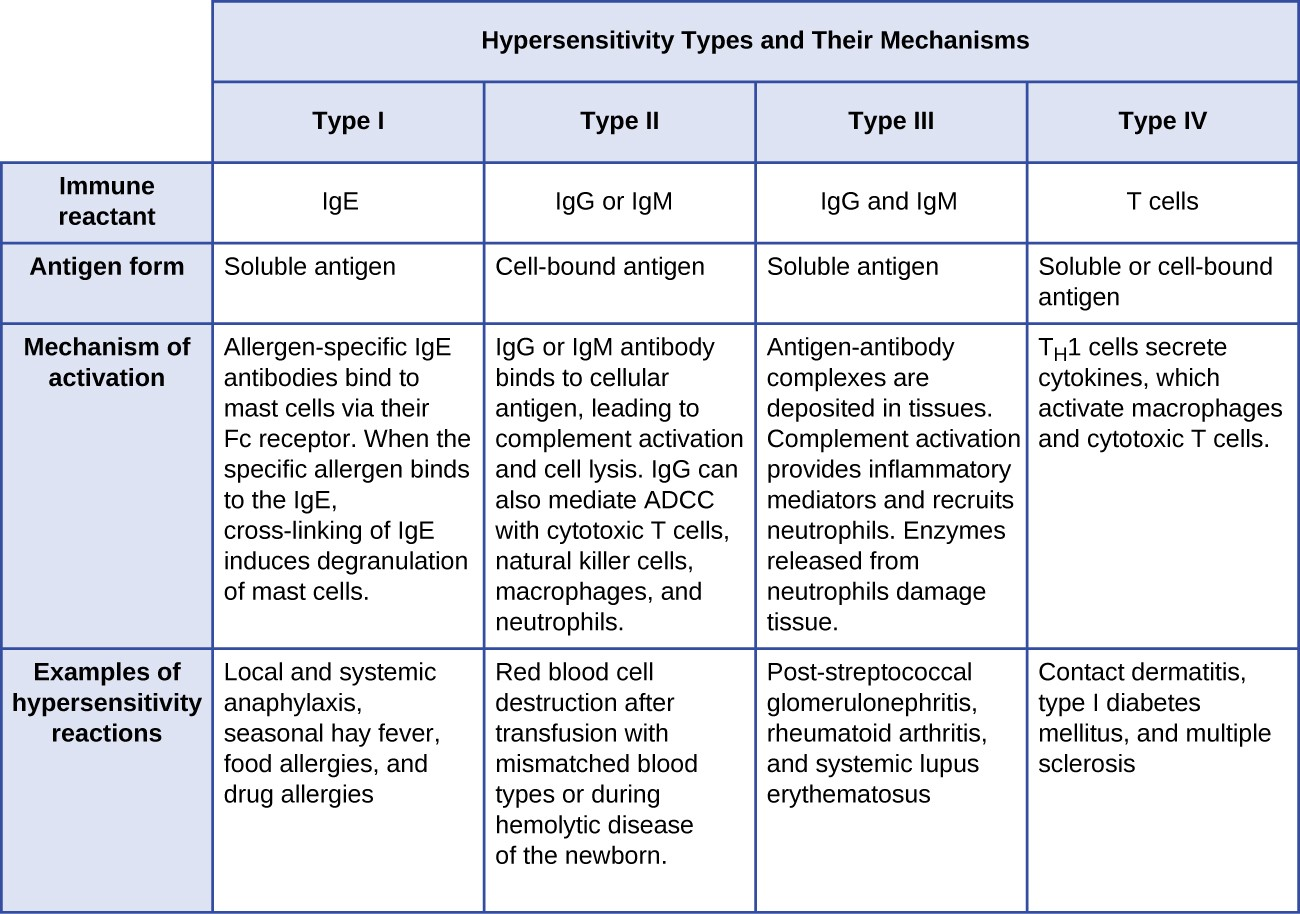
15 1 Hypersensitivities Allied Health Microbiology

Hypersensitivity Type Iii And Iv Classification Of Hypersensitivity Typemechanismexample I Ige Mediatedsystemic Anaphylaxis Eg Peanut Allergy Asthma Ppt Download
Q Tbn 3aand9gcs5mqe7oc Ob6l87wo2v Ipg8vw7zb Kdninlq U78dvjmj0bdr Usqp Cau
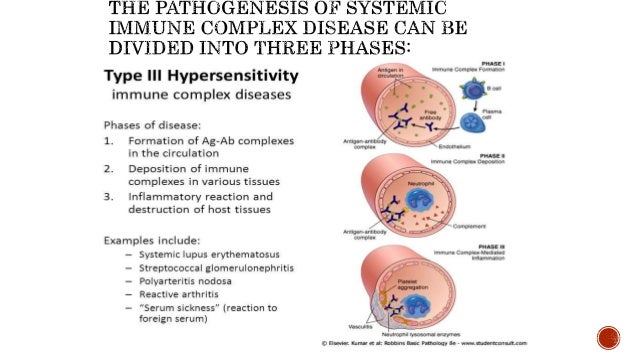
Hypersensitivity Type 3

Immune Hypersensitivity Sciencedirect

Type Iii Hypersensitivity Immune Complex Disease Youtube
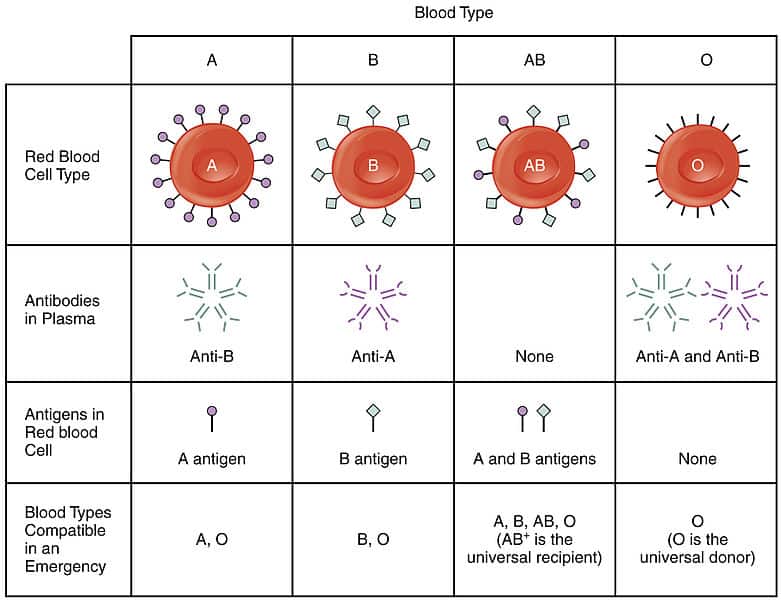
Hypersensitivity Reactions Types T Cell Teachmephysiology
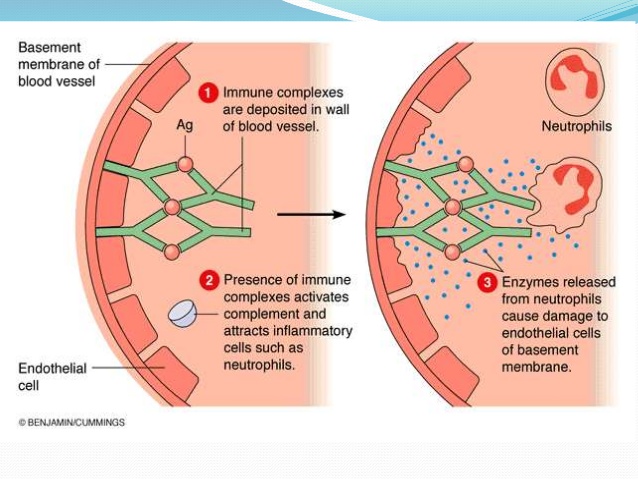
Type Iii Hypersensitivity Reaction Factors Causing Immune Complex Formation Mechanism And Types Online Biology Notes
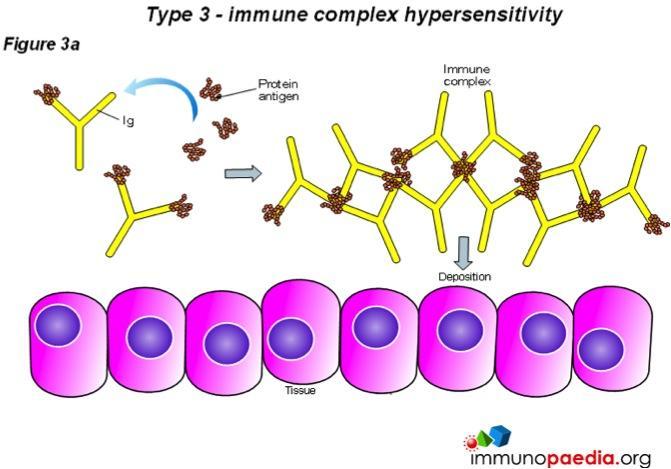
Hypersensitivity Reactions Immunopaedia

Chapter 13 Hypersensitivity Reaction Type Iii Immune Complex Disease Labpedia Net

Immunopathology
Q Tbn 3aand9gctj5otnuboyvvu Zdq66q3r4skxonfvqicgvkc3zfskik4ad3q7 Usqp Cau
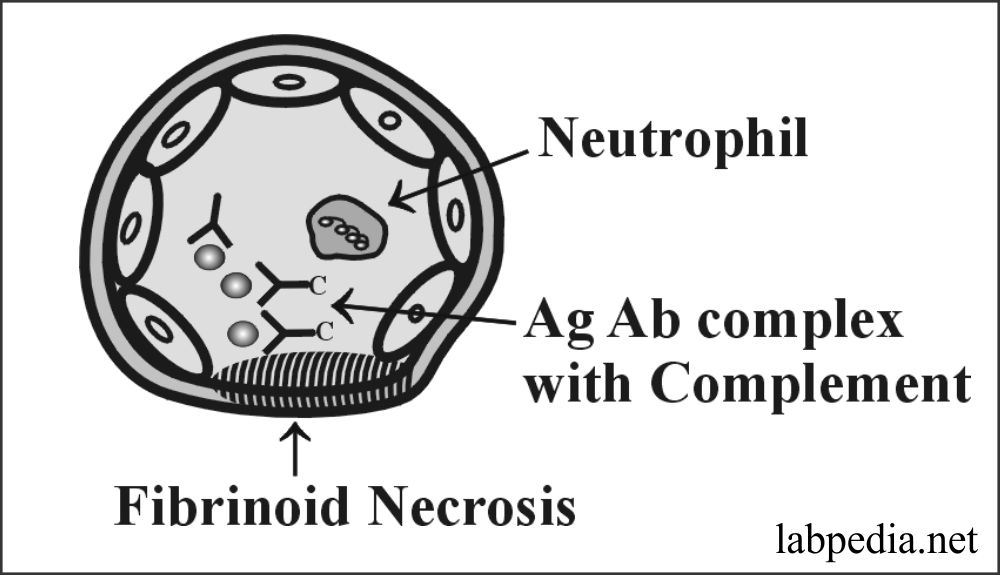
Chapter 13 Hypersensitivity Reaction Type Iii Immune Complex Disease Labpedia Net
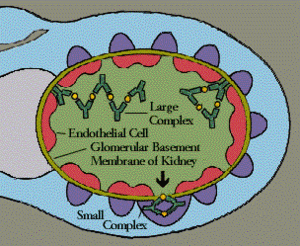
Type Iii Hypersensitivity Wikipedia
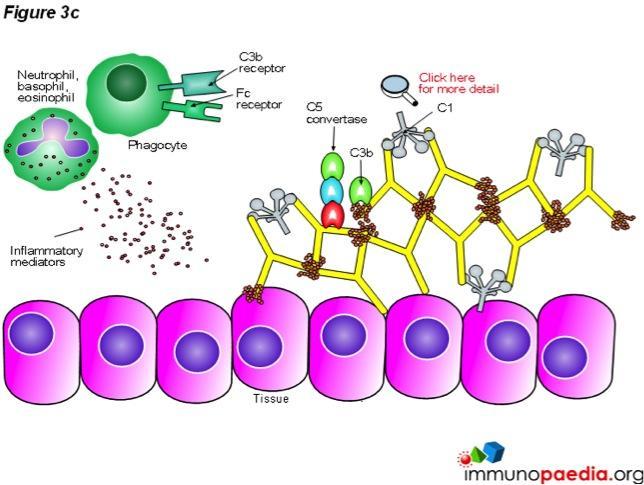
Hypersensitivity Reactions Immunopaedia

Type Iii Hypersensitivity Youtube
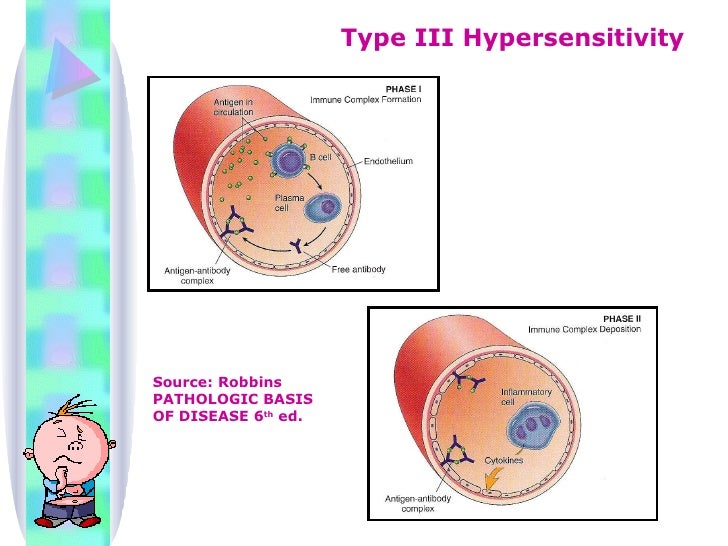
Hypersensitivity
Q Tbn 3aand9gcrzur4 N4mjov9mz4liighdhgkns 6svt68 Qnrwe7gqdvbrwhu Usqp Cau

Hypersensitivities Ch 18 Part 1 Flashcards Quizlet

Hypersensitivity Pathologia

Type Iii Hypersensitivity Youtube

Hypersensitivity Immune Complex Mediated Type Iii Eggleton Major Reference Works Wiley Online Library

Hypersensitivity Ii And Iii Flashcards Quizlet
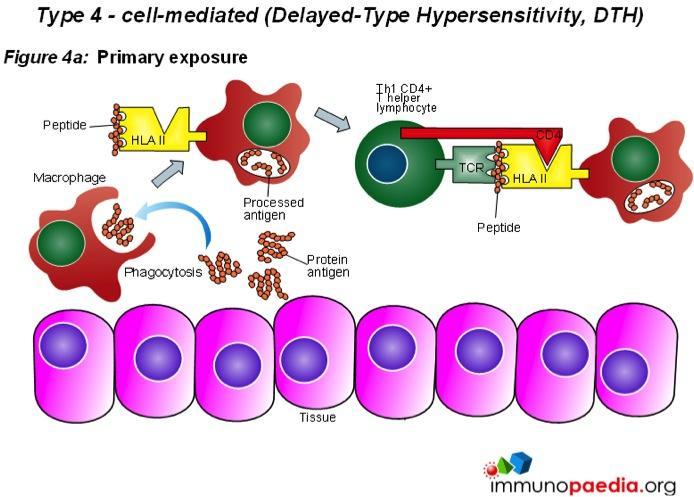
Hypersensitivity Reactions Immunopaedia
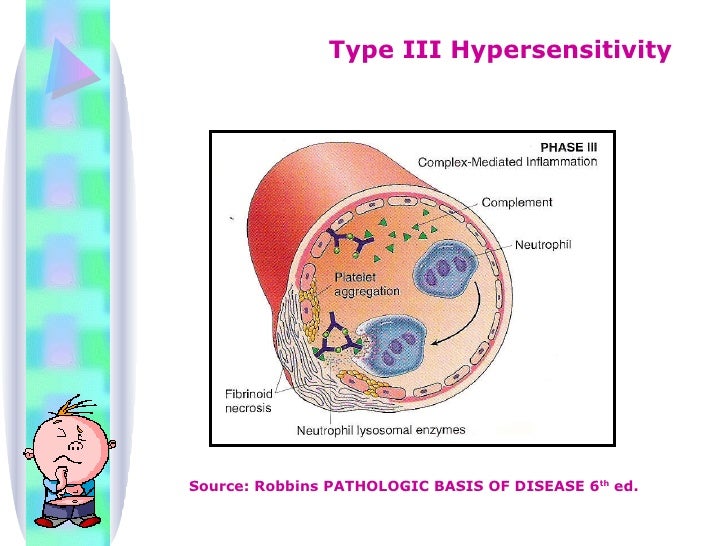
Hypersensitivity
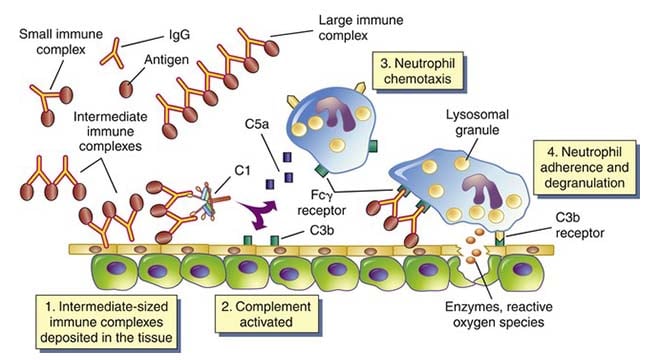
Type Iii Immune Complex Hypersensitivity Mechanism And Examples Microbe Notes
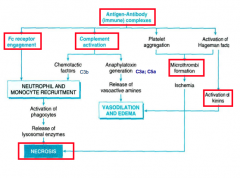
Type 3 Hypersensitivity Reactions Flashcards Cram Com

Mq 4416 Hypersensitivity Reaction Flashcards Quizlet

Type Iii Hypersensitivity Immune Complex Mediated Causes Symptoms Pathology Youtube
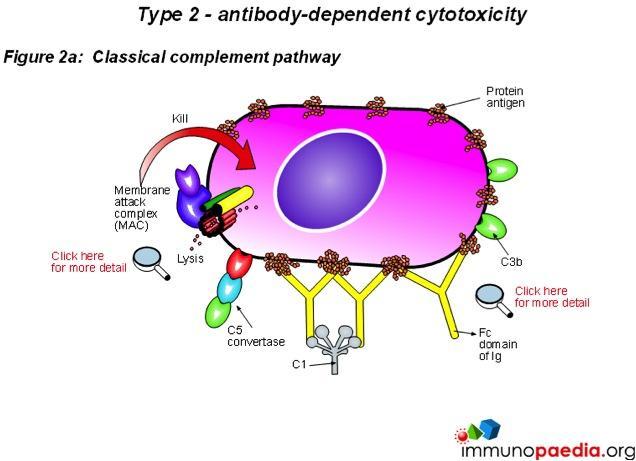
Hypersensitivity Reactions Immunopaedia

Topics Type Iii Hypersensitivity Type Iv Hypersensitivity Ppt Video Online Download

Hypersensitivity Immune Complex Mediated Type Iii Eggleton Major Reference Works Wiley Online Library

Type Iii Hypersensitivity Draw It To Know It
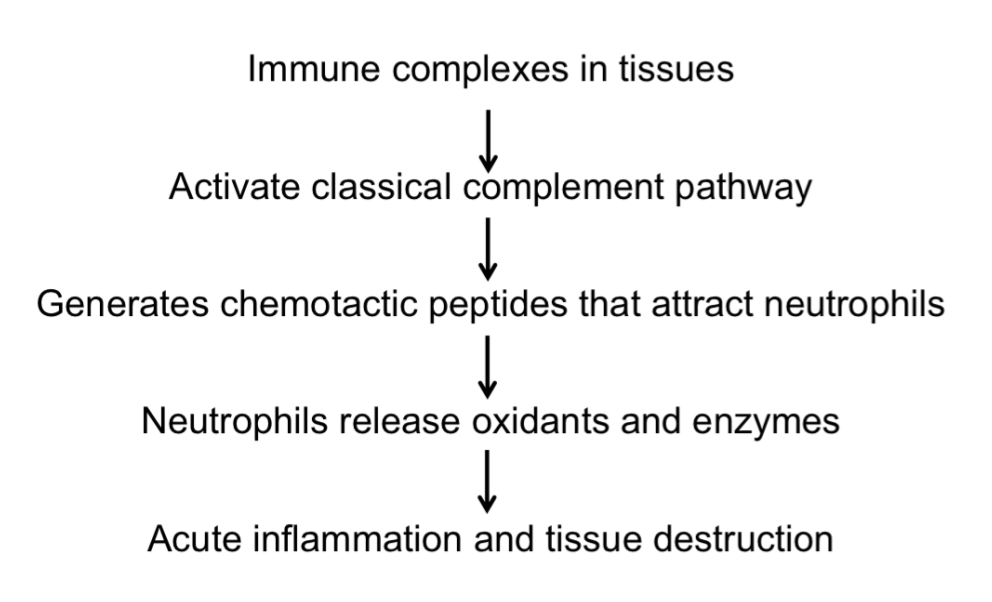
Type Iii Hypersensitivity Immunology Flashcards Memorang

Immune Hypersensitivity Sciencedirect
3
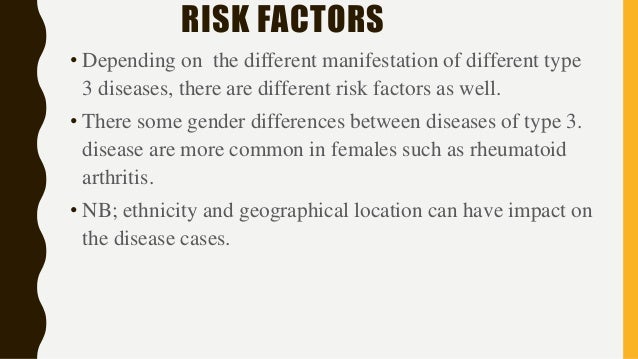
Hypersensitivity 3
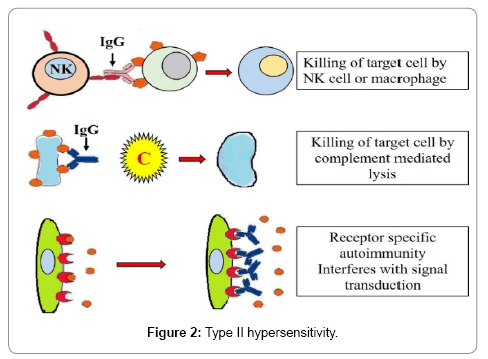
Hypersensitivity An Overview

Type Iii Hypersensitivity Immune Complex Disease Youtube

Examples Of Type Iii Hypersensitivity Easy Mbbs Mnemonics By Hn Facebook
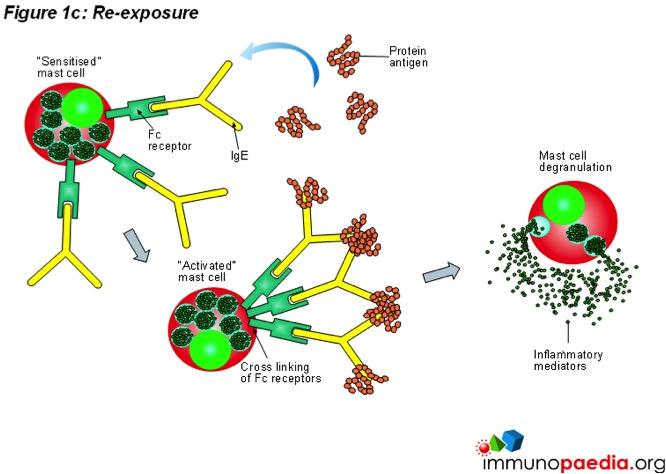
Hypersensitivity Reactions Immunopaedia

Veterinary Immunology Type Iii Hypersensitivity Dr Chi Young Wang Ppt Download

Type 3 Hypersensitivity Made Easy Immunology Youtube

Hypersensitivity Type Iii Pathology Flashcards Draw It To Know It
Type Iii Hypersensitivity Reaction Mnemonics

Quiz Worksheet Type Iii Hypersensitivity Study Com

Www Histo Slides Tk What Is Type Iii Hypersensitivity Hypersensitivity Hypersensitivity Reactions Immunology

The Microbial World A Look At All Things Small Immunology Microbiology Nursing Study

Hypersensitivity All Types Pathology Flashcards Draw It To Know It
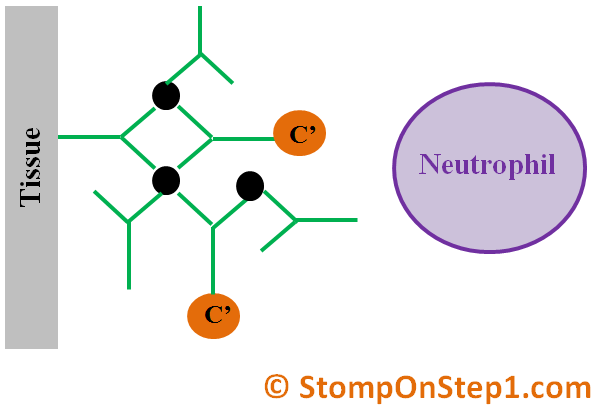
Type 1 2 3 4 Hypersensitivity Stomp On Step1
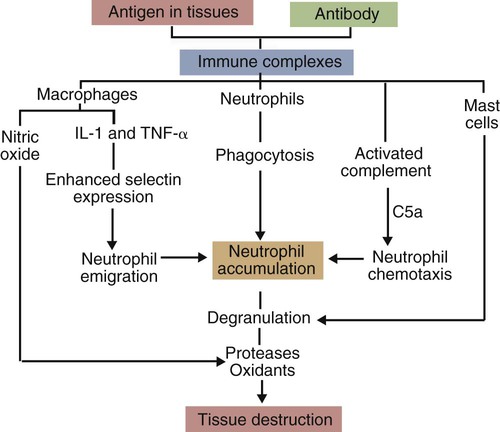
Immune Complexes And Type Iii Hypersensitivity Veterian Key

Immune Mediated Mechanisms Of Adrs Adverse Drug Reactions Part Ii Continuing Education Course Dentalcare Com

Hypersensitivities Microbiology

Immune Complex Mediated Hypersensitivity Type Iii Hypersensitivity Reaction Youtube

Hypersensitivities Microbiology

Types Of Hypersensitivity Reactions Type I Lge Mediated Within I Hour Anaphylaxis Type Ii
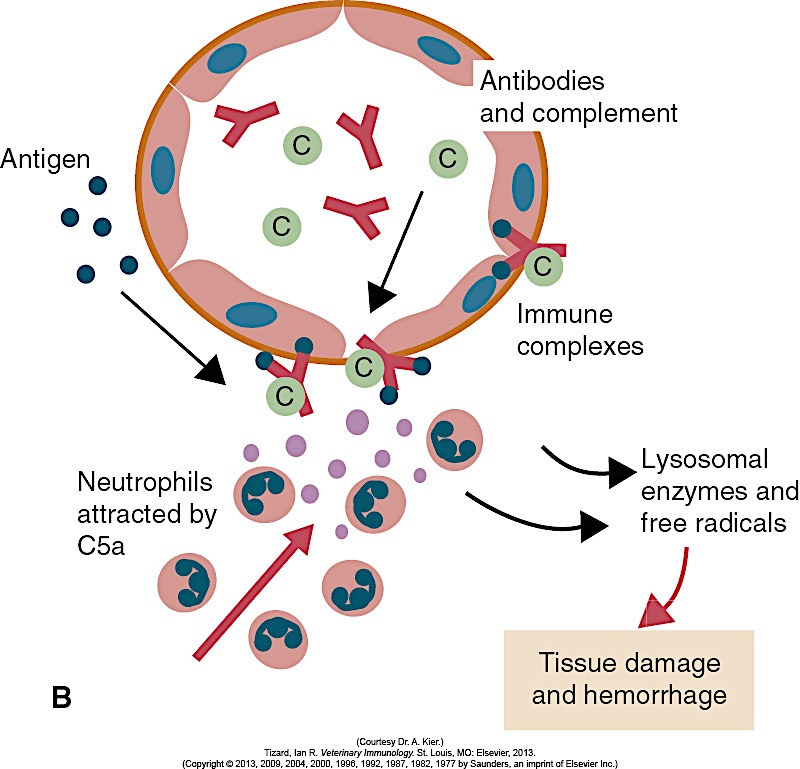
Immuno Lecture 28 Type Iii Hypersensitivity Lmu Cvm Fa 17 Flashcards Memorang

Immunology Tommy The Doc
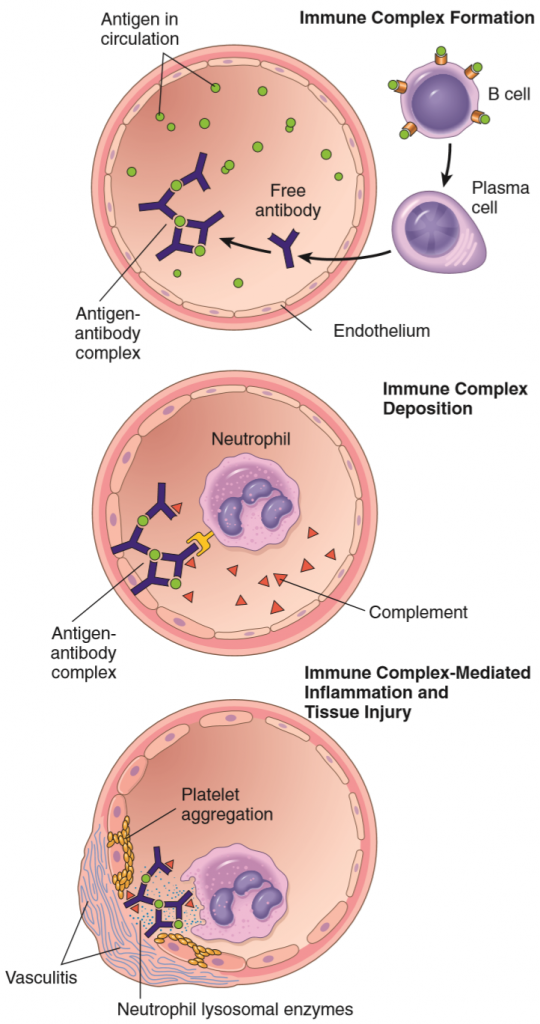
34 Type Iii And Type Iv Hypersensitivity Reactions Related Disorders Greek Doctor

Type Iii Hypersensitivity An Overview Sciencedirect Topics

Type Iii Hypersensitivity Youtube
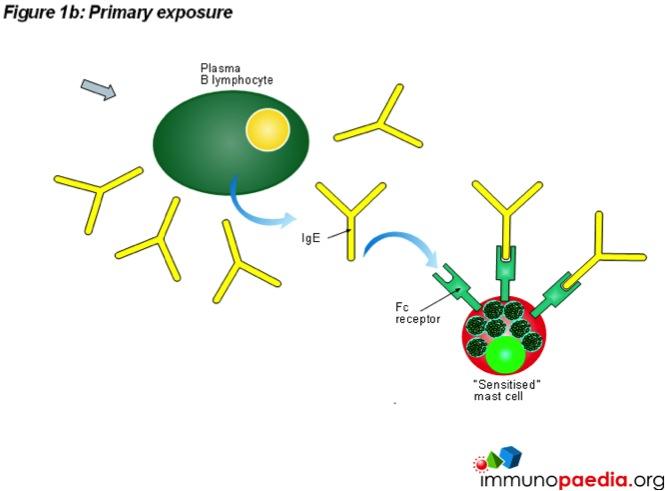
Hypersensitivity Reactions Immunopaedia

Immune Complex Mediated Hypersensitivity Type Iii Hypersensitivity Reaction Youtube

Type Iii Hypersensitivity Medicine Britannica
Http Njms Rutgers Edu Sgs Olc Mci Prot 09 Hypersensitivities09 Pdf
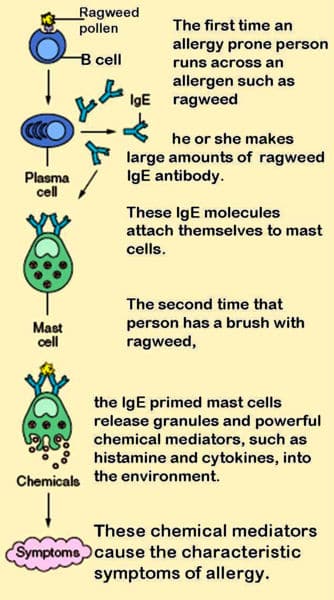
Hypersensitivity Reactions Types T Cell Teachmephysiology

Wikipedia Osmosis Type Iii Hypersensitivity Wikipedia
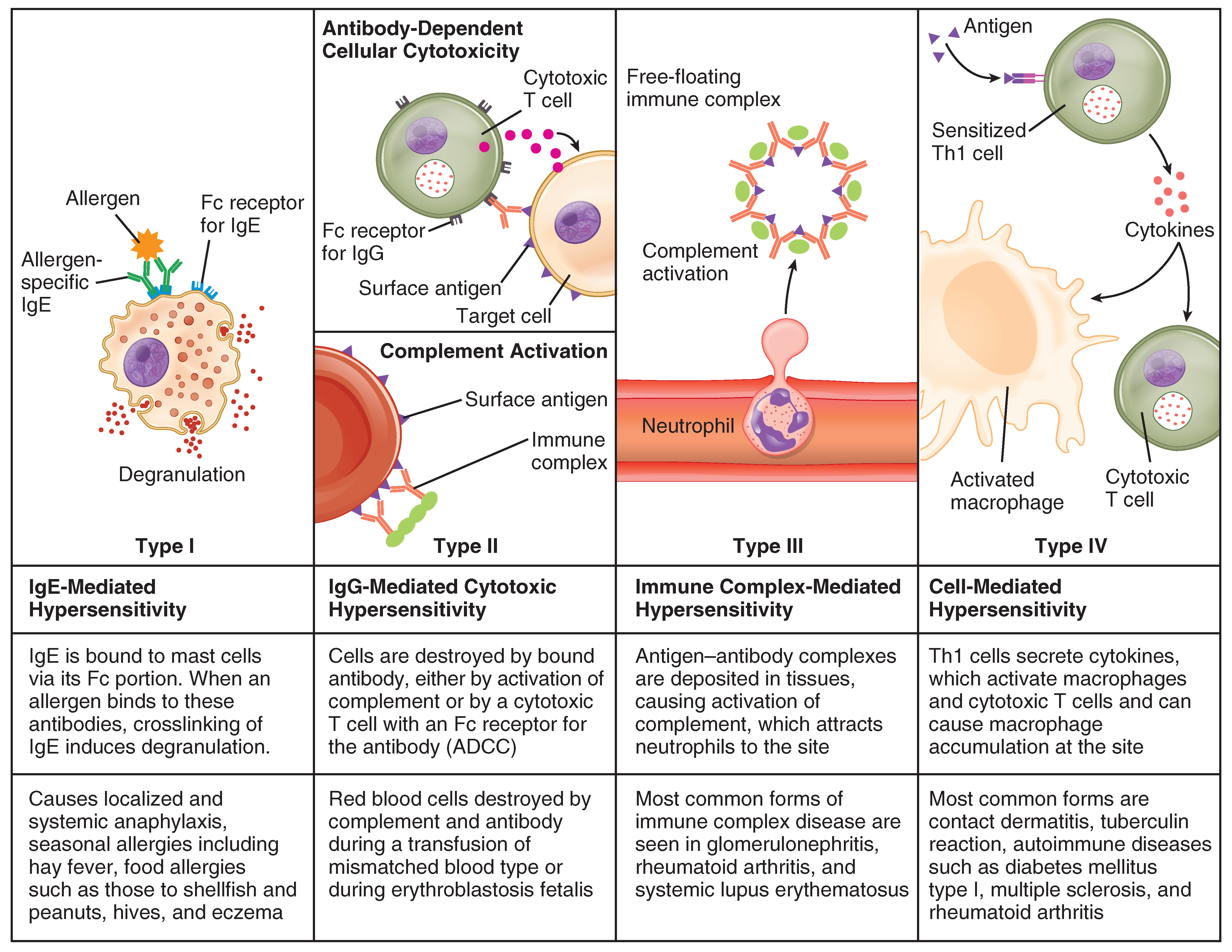
21 6 Diseases Associated With Depressed Or Overactive Immune Responses Anatomy And Physiology

Type 1 Hypersensitivity Immediate Creative Med Doses
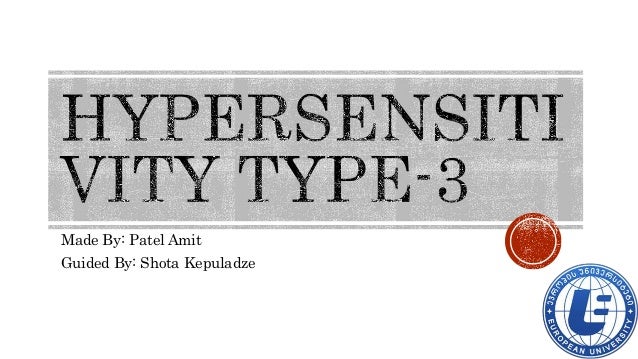
Hypersensitivity Type 3

Hypersensitivity Reaction Type Iii Disease Disease Malacards Research Articles Drugs Genes Clinical Trials

Type 1 2 3 4 Hypersensitivity Stomp On Step1

Hypersensitivity Type I Type Ii Type Iii Type Iv

Type Iii Hypersensitivity Reaction Immune Complex Mediated Youtube

79p Immune Complex Diseases Type Iii Hypersensitivity Youtube

Immune System Disorders Hypersensitivity And Autoimmunity Intechopen

Type Iii Hypersensitivity Immune Complex Mediated Causes Symptoms Pathology Youtube
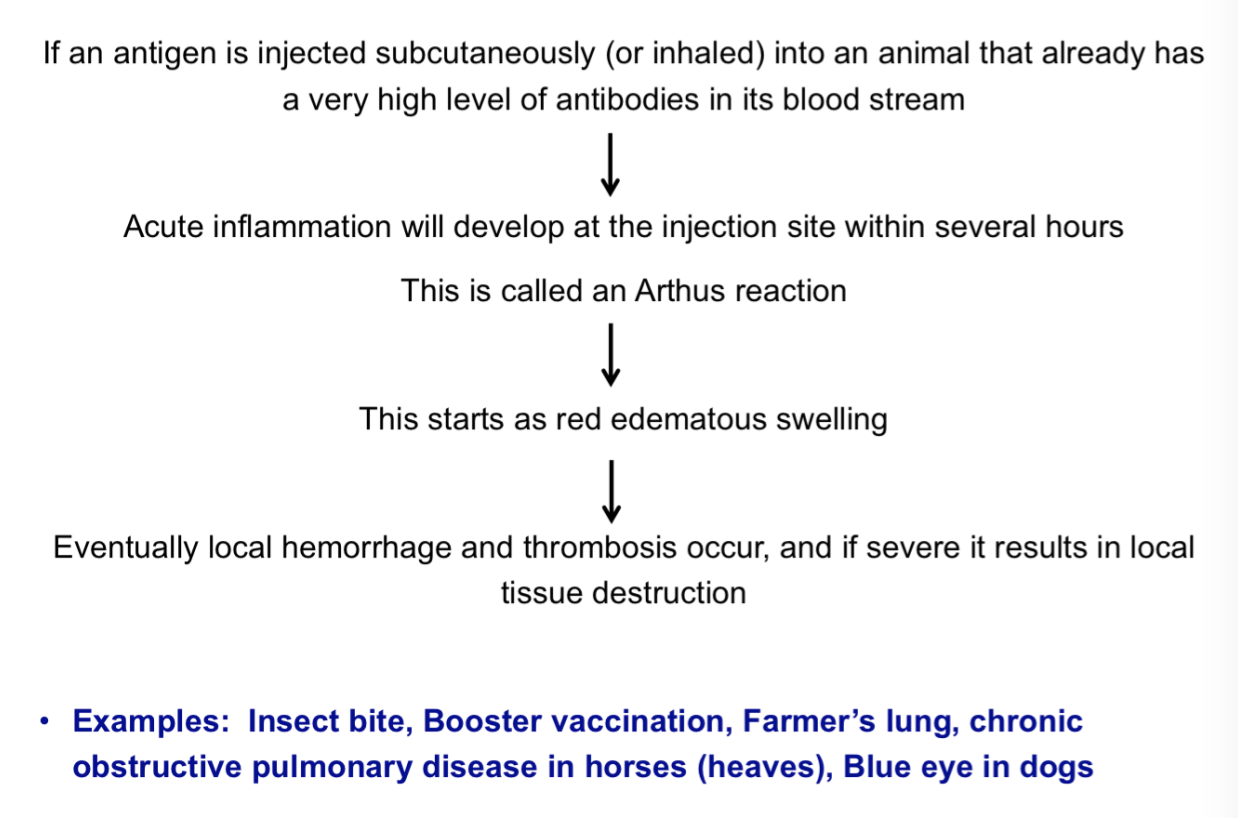
Type Iii Hypersensitivity Immunology Flashcards Memorang
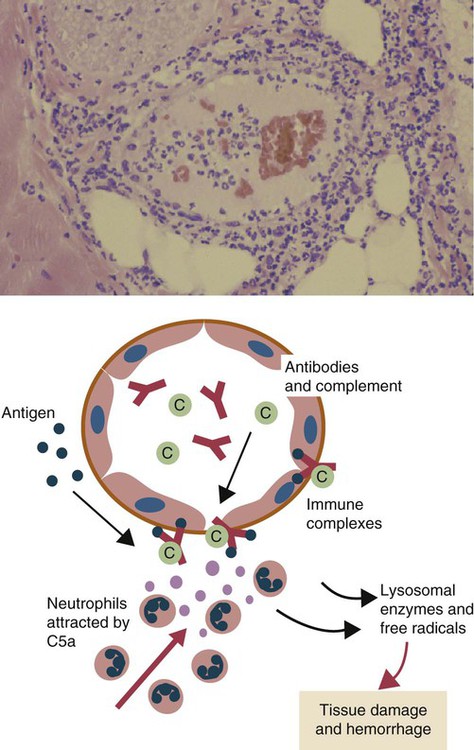
Immune Complexes And Type Iii Hypersensitivity Veterian Key

Hypersensitivity Immune Complex Mediated Type Iii Eggleton Major Reference Works Wiley Online Library

Ppt Type I Iii Hypersensitivity Reactions Powerpoint Presentation Free Download Id 8173

Hypersensitivities Microbiology

Immune Complex Type Iii Hypersensitivity Reaction Hypersensitivity Reactions Med School Medical



